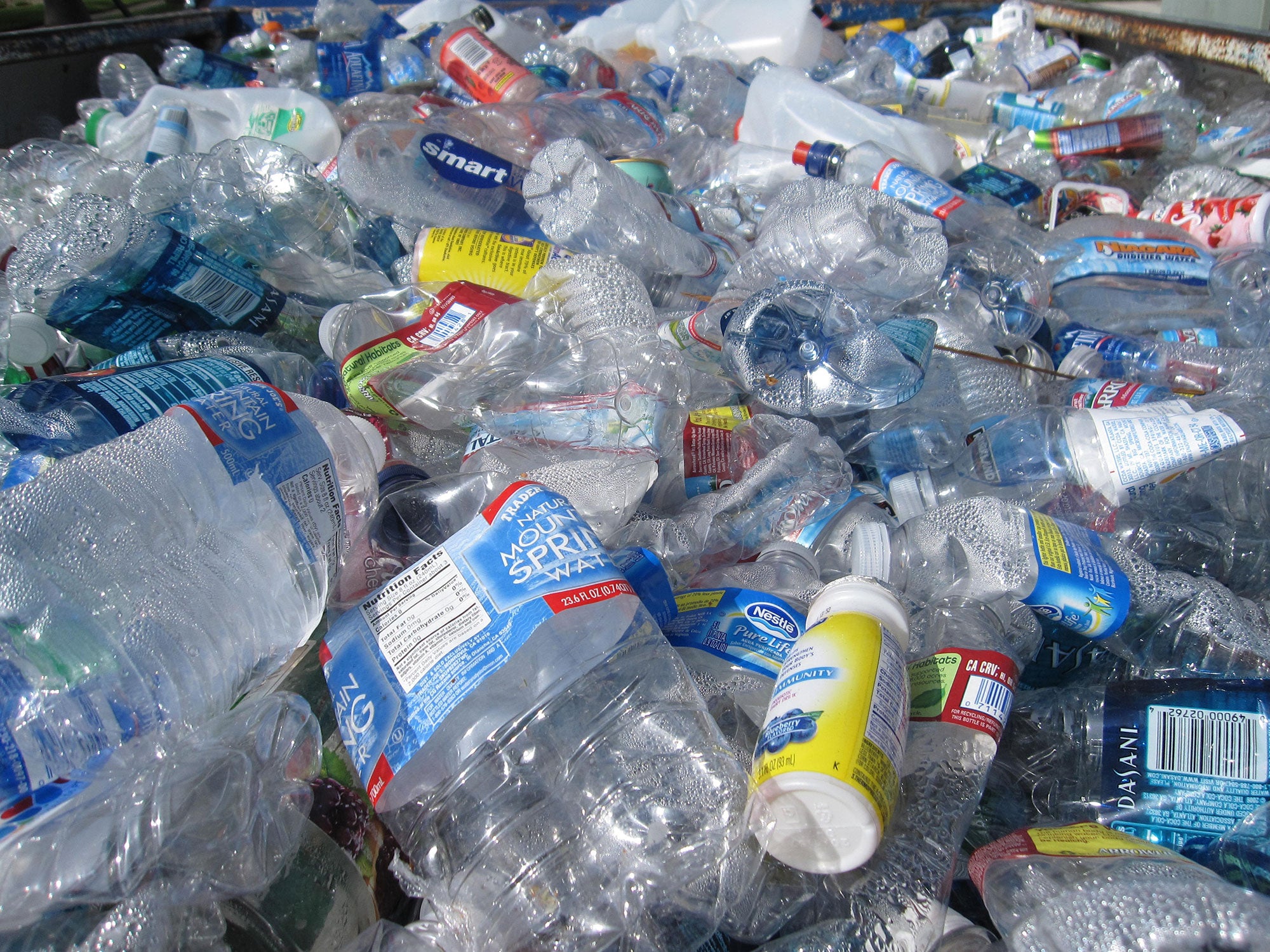
Add Your Voice to Improve the FTC Green Guides by April 24, 2023
Responsible earthlings, are you tired of playing plastic roulette with your recycling bins? You know the game - toss it in and hope for the best. Will it get recycled or end up in landfill purgatory?
You're ready and committed to being an eco-warrior and recycle your latest shopping haul... but you've got a pile of plastic packaging and have no clue which ones are recyclable or not. It's like stumbling around in the dark without a torch.
And here is where the FTC Green Guides come in…
These guides are supposed to be the compass that helps companies navigate the treacherous waters of environmental marketing claims. The problem is, these guides are in dire need of an update. They're as outdated as a VHS tape in a world of streaming services, and this is causing a lot of trouble. Companies are taking advantage of the confusion and making claims that are not always accurate.
But there is hope on the horizon…
The FTC is seeking public feedback to update the Green Guides and put an end to this recycling confusion.
This is a rare opportunity for individuals and organizations to have a say in how we define marketing terms and limit companies from 'Greenwashing' us with misleading claims. With only 6% of American plastic packaging actually being recycled, it's time to establish new federal definitions for the terms "Recyclable" and "Biodegradable" so we can do a better job of keeping materials out of landfills.
Gifts for Good will be submitting our comments today! We are making the following recommendations:
- We strongly recommend revising the current guidelines governing environmental marketing claims as they are causing confusion among consumers and contributing to the spread of false information. Specifically, the definitions of the terms ‘recyclable,’ ‘composting,’ ‘biodegradable,’ and ‘degradable’ should be updated to reflect the current state of infrastructure and end-of-life markets for these materials in the United States.
- The term ‘recyclable’ should be designated for materials that are widely accepted in Materials Recovery Facilities (MRFs) nationwide. According to the EPA’s Advancing Sustainable Materials Management: 2018 Tables and Figures, the 6 most widely recycled packaging materials are aluminum cans (50%), steel cans (71%), glass bottles (31%), HDPE bottles (29%), PET bottles (29%) and paper/paperboard (97%). Based on these percentages, we suggest recycling claims should only be reserved for materials with a recycling rate of over 29%.
- Although the terms ‘composting,’ ‘degradable,’ and ‘biodegradable’ are used interchangeably, they actually have distinct meanings. To prevent confusion among consumers, we recommend creating clear and concise definitions for these terms, especially for their use in marketing campaigns. We also suggest implementing a specific deadline for materials to fully break down, rather than relying on a vague “safe and timely manner” statement. These recommendations are essential because many industrial composters are beginning to ban compostable packaging from their waste streams and facilities. Compostable packaging should help to resolve the challenges we face in our waste streams, not contribute to them.
So, join the cause and submit your comments by April 24 and help improve the FTC Green Guides.
Please feel free to copy and paste the messages above or use them as a blueprint for your own comments!
Let's reduce confusion, misinformation and most importantly, do our part in protecting our environment and the health of the planet.
Agustin Quinones,
Environmental and Operations Coordinator
Gifts for Good










